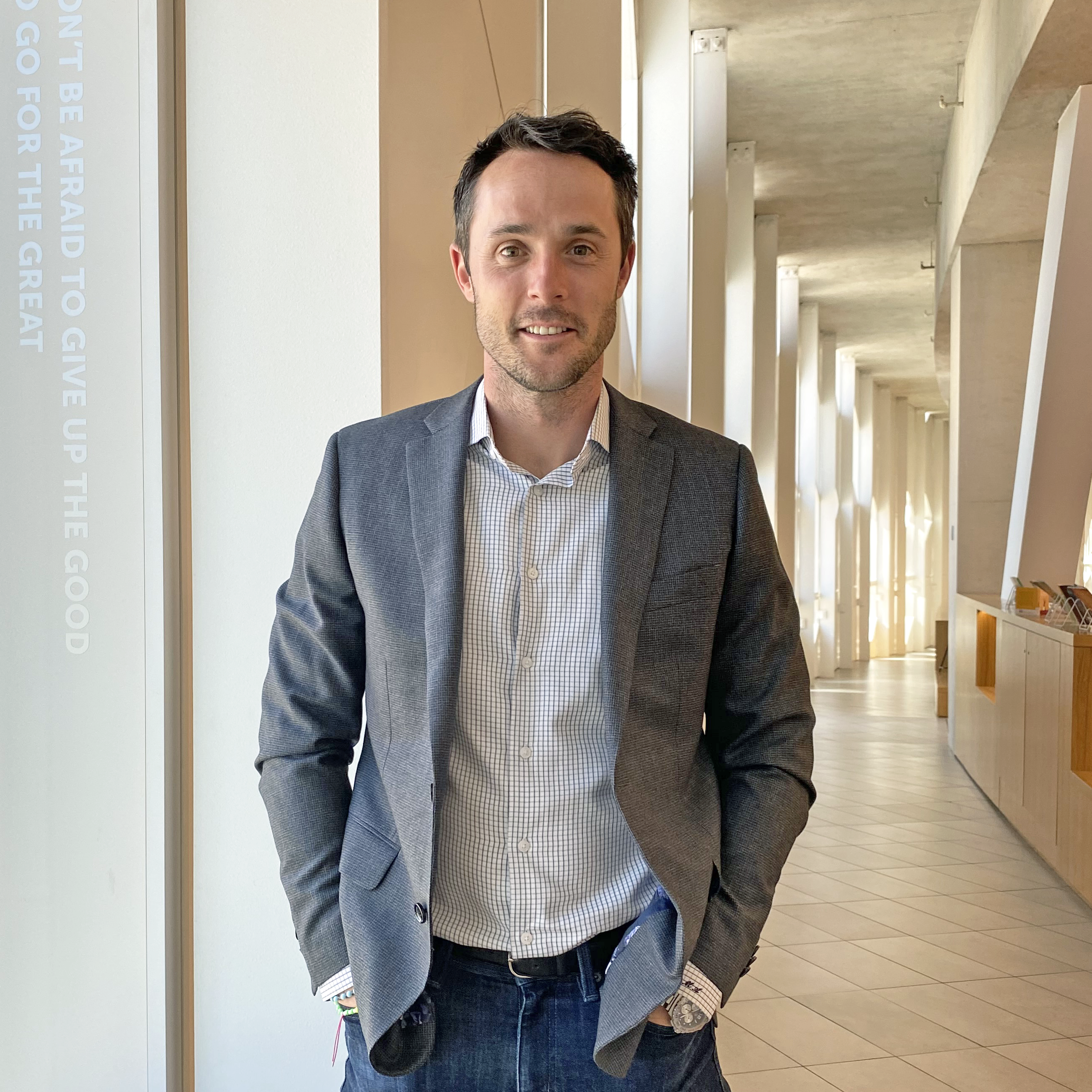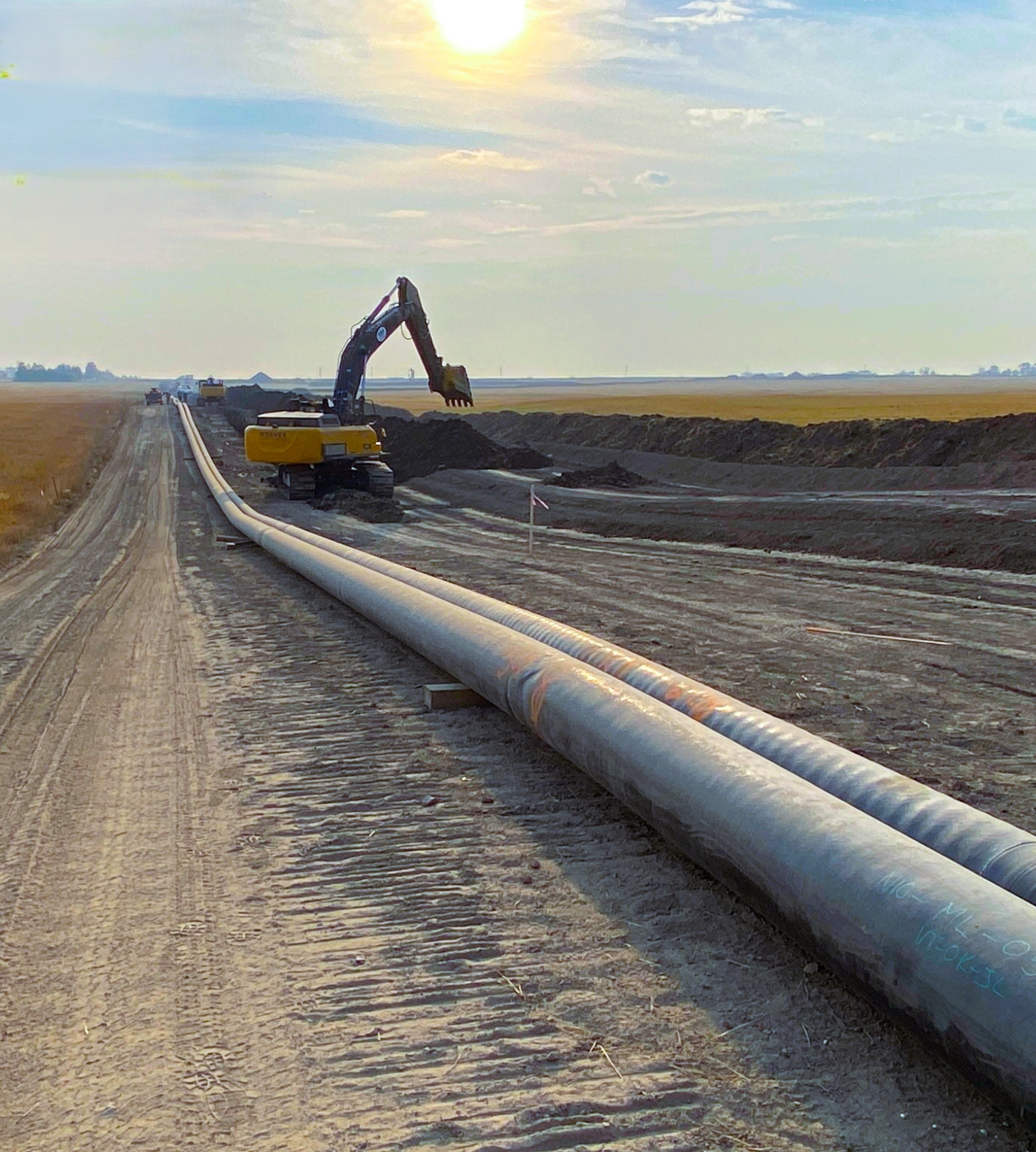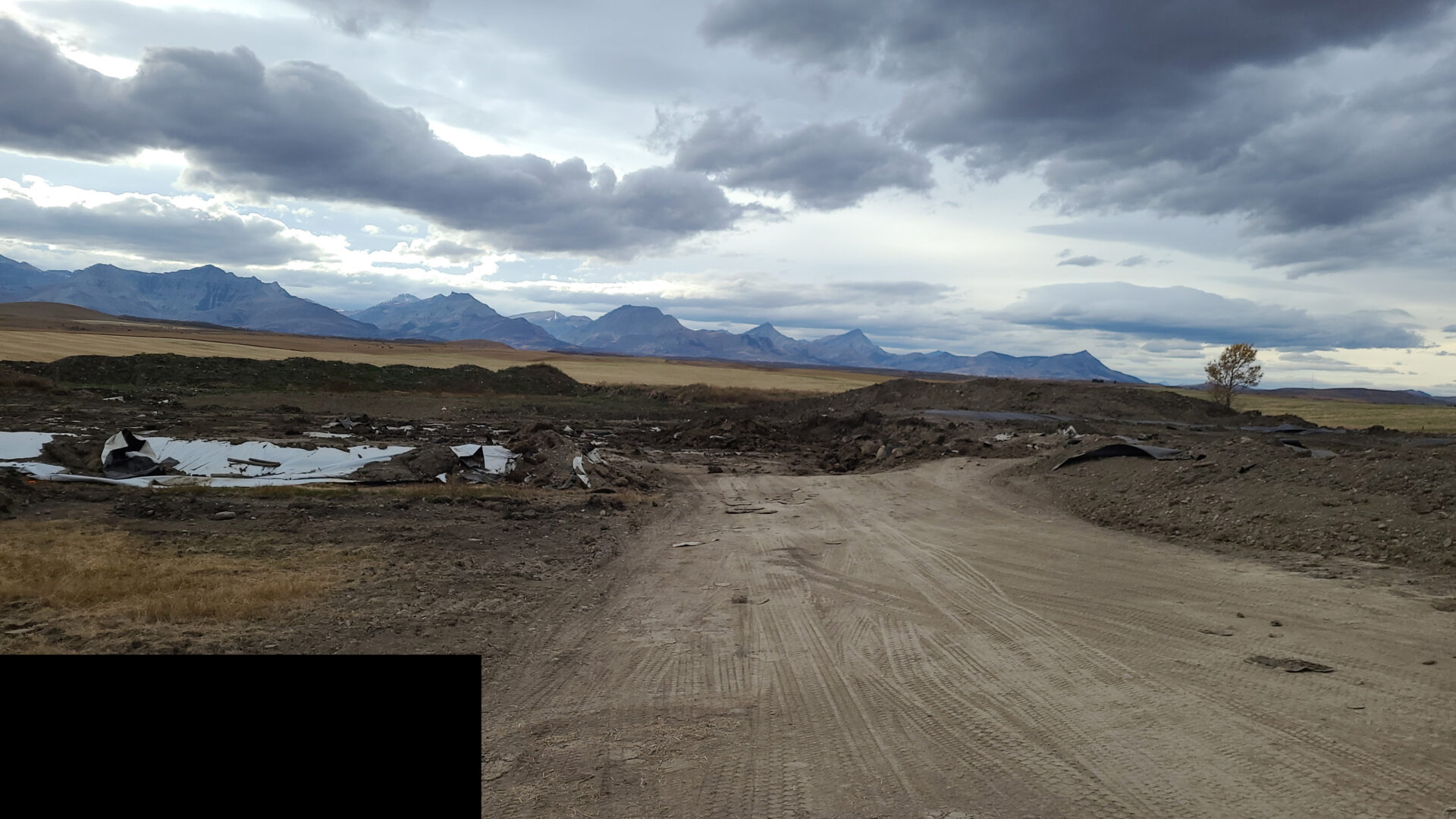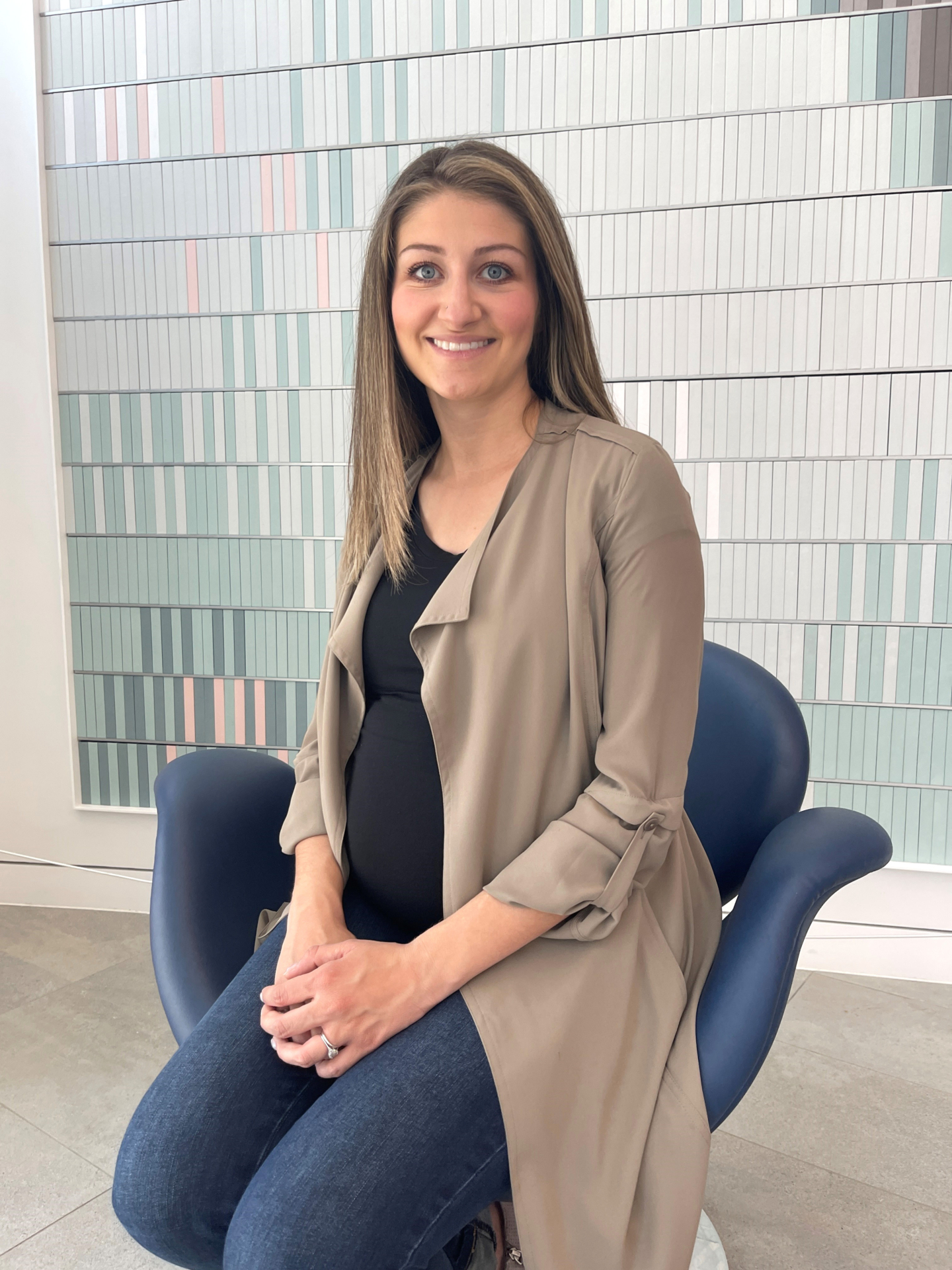The big question that has started to creep into our conversations as of late is “what drives site closure in Alberta once the Federal Government funded Site Rehabilitation Program (SRP) ends and the new Liability Management Framework (LMF) is fully implemented?”
As I ruminate on that, I’d say that in general, I try to simplify a number of things in life.
Take people, for example. In my opinion, there are two buckets: The Piano Players and The Piano Movers. Complicating this assessment any further does not make sense to me. Suffice to say that I have never been known to have the ability to carry a tune… but that is not the point here.
For those connected to the closure space, rumors abound in industry related to the new Liability Management Framework. If we park the rumors and just look at what we know from the Government of Alberta (GOA) based on the glossy two-page LMF brochure was which was released in July of 2020 (link below), we can read into the LMF to see two sets of two very simple buckets: The Carrots and the Sticks and The Shareholders and The Stakeholders.
By way of simple explanation, Carrots are rewards and Sticks are penalties while Shareholders are owners, and Stakeholders are interested parties.
Shareholder theory claims corporations have a duty to maximize shareholder returns and that a corporation is primarily responsible to its shareholders.
Stakeholder theory, on the other hand, highlights the corporation’s ethical duty to both corporate shareholders and the community at large.
In the not-so-distant past, it could be said that corporations were mostly interested in issues related to their shareholders, however, in recent years, there has been a rise in corporate social responsibility, which encourages companies to take the interest of all stakeholders into consideration when making decisions, rather than just the interests of its shareholders.
Back to the opening question – what drives site closure in Alberta’s Liability Management Framework? The answer is (simply) The Carrots and the Sticks and the Shareholders and the Stakeholders. Stay with me a moment and allow me to combine these two buckets for the sake of the argument.
- Sticks and Shareholders
I don’t see any way of escaping this. The proposed Licensee Capability Assessment and Inventory Reduction Program (read by most as a targeted quota) collectively point toward shareholders seeing a portion of their returns redirected into closure activities to meet regulatory requirements – “The Sticks”
- Carrots and Stakeholders
This is the part where I go out on a limb. The GOA has teased about an opt-in mechanism allowing landowners (stakeholders) to nominate sites for clean-up. Right now, unless that site happened to somehow, coincidentally, magically, or miraculously, fall into the closure program for that licensee in that given year, there is little to no chance it will be prioritized. But what if the LMF came with a carrot to the benefit of all stakeholders? Something that could incentivize both the landowner and the producer?
While not a clear answer to the original question, I point to the obvious that we must use practical solutions which balance solutions from the perspective of all parties. Inside of this, I pose a few more questions to those involved in the new LMF:
What if the LMF came with an opportunity for our industry to make social corporate responsibility just a little bit easier? What if landowners could opt-in to get the producer to prioritize clean-up of a particular site and that came with a carrot inside of the LMF? What if closing that site for that landowner came with a positive cover story for industry?
We know that our intent is always to offer solutions to vexing problems. We are aware that this post contains more questions than answers, but our hope is that we can help raise some of the issues we see inside of the new framework and look to indsutry to help push them forward.
Lastly, what if all things could fit into two buckets and what if I could play the piano…?
Best,
Mark Ashton
Liability Management Framework Announcement:
https://www.alberta.ca/assets/documents/energy-liability-management-framework.pdf

About the Author
Mark Ashton, President
Mark is a graduate of the University of Alberta and has 13 years of experience in the oil and gas industry. Prior to founding 360 in 2015, Mark spent time in both field and office-based roles for a major oilfield services company where he developed a reputation for visionary leadership and an aptitude for improving operational efficiencies. As a leader, Mark epitomizes integrity, energy, hard work, and attention to detail; qualities which permeate the company’s culture. His example promotes an environment focused on innovative thought, continual improvement and celebrating achievements. Outside of the office, Mark is an Institute of Corporate Directors Certified Director and sits as a director on the board for The Balance Foundation and Co-Chairs the board of The Calgary Downtown Association.




































































